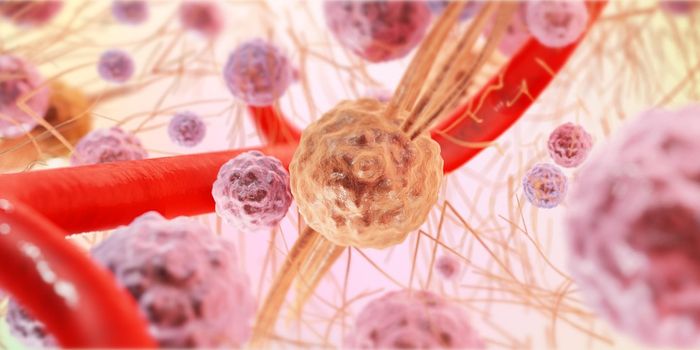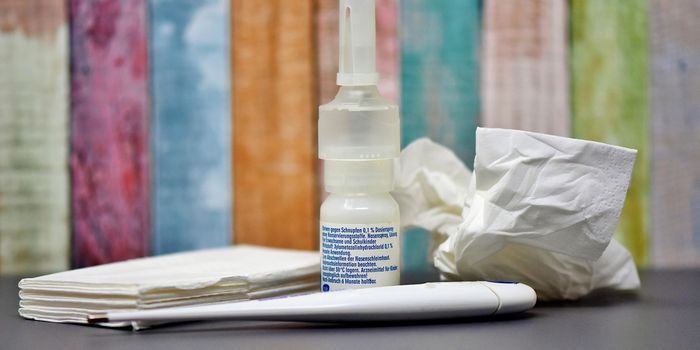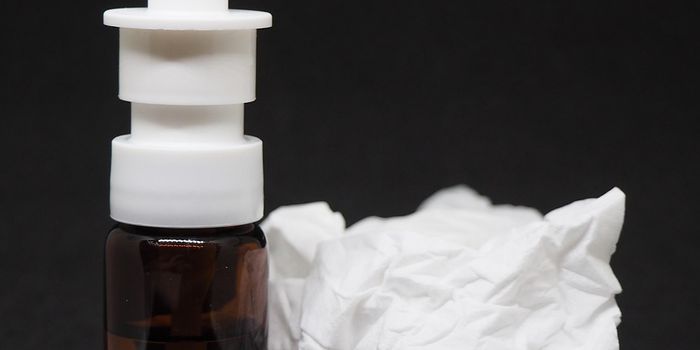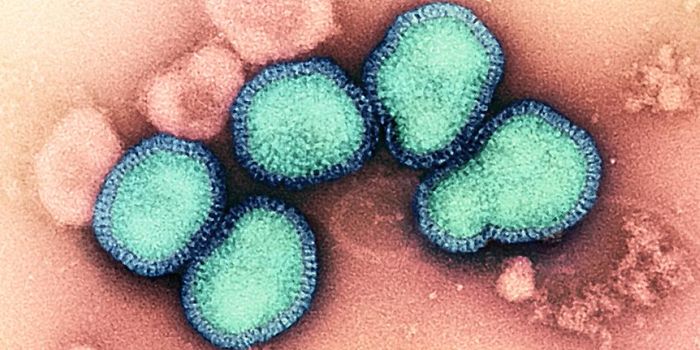The Power of Seal Serum
The depths of the oceans have always been a mystery and fascination for human kind. Lack of accessible oxygen and increased pressure prevent us from diving in to the depths unharmed, unlike the marine mammals that can survive the mysterious depths. But what factors allow these marine mammals to swim the depths unharmed?
When humans dive into deeper waters they can suffer lung injury and decompression sickness. Decompression sickness, also known as the bends, is the result of a rapid decrease in pressure that surrounds you. In the case of diving this would occur when going from the depths of the ocean to the surface quickly. As you descend into the depths while scuba diving you take in extra oxygen and nitrogen, your body uses the oxygen while the nitrogen dissolves in to your blood. When you begin to ascend back from the depths to the surface the pressure around you changes, if this is done too quickly the nitrogen does not clear from the body but instead forms bubbles in your blood and tissues. This can lead to joint pain, damaged blood vessels, and the prevention of normal blood flow.
Lung injury can occur when tissues are damaged after a period of ischemia (lack of oxygen) and blood returns to the tissue, also known as ischemia-reperfusion injury (IRI). The deeper you dive the greater the pressure exerted on the body, this can lead to collapsed lungs and pulmonary oedema. Pulmonary oedema is caused by excess fluid in the lungs, it collects in the air sacs making it difficult to breathe and is partly mediated by inflammatory cytokines.
Despite repeated dives to depths that induce lung collapse and re-expansion, marine mammals like diving seals show no evidence of lung injury typically found in humans. Previous studies have shown that this may be due to surfactants that promote alveolar opening upon lung re-expansion, and that hyperbaric injury can lead to cytokine-mediated inflammation in animal models. However, the mechanism that protects against tissue injury or cytokine production following IRI in these mammals has yet to be elucidated. Recent studies suggest that these mammals do experience decompression sickness, which implies they have a mechanism for tolerating the problem of nitrogen bubble formation.
To unravel the mechanism for of combating decompression sickness scientists suggested the possibility of a reduced inflammatory response. A diverse group of scientists from across the country hypothesized that the immune response in diving seals was modified to allow them to transit great depths without invoking inflammatory injury to the lungs or tissues with repeated diving. To study the innate immune response in diving seals they measured response to lipopolysaccharides (LPS) in seal blood, monocytes, and serum.
LPS is an endotoxin found on the surface of gram-negative bacterias outer membrane, it triggers a strong immune response in vertebrates. When challenged with LPS, the inflammatory response in seal blood was drastically lowered compared to that of humans, with inflammation 50 to 500 times greater in humans. The ability of seal serum to confer anti-inflammatory protection from LPS exposure was then tested using mouse macrophages. Seal serum was added to macrophage mouse cells exposed to LPS, resulting in the immune response quenching compared to mouse macrophages exposed without the seal serum.
"These data suggest that seal serum possesses anti-inflammatory properties, which may protect deep divers from naturally occurring inflammatory challenges, such as dive-induced hypoxia-deoxygenation and lung collapse," say the researchers. The next step in the process is to identify the specific components of seal serum that confer anti-inflammatory protection. Harnessing an anti-inflammatory compound could have use in scenarios such as transplant surgery organ survival.
To read this study click here. To learn more about how seals can survive diving to deep depths watch the video below!










